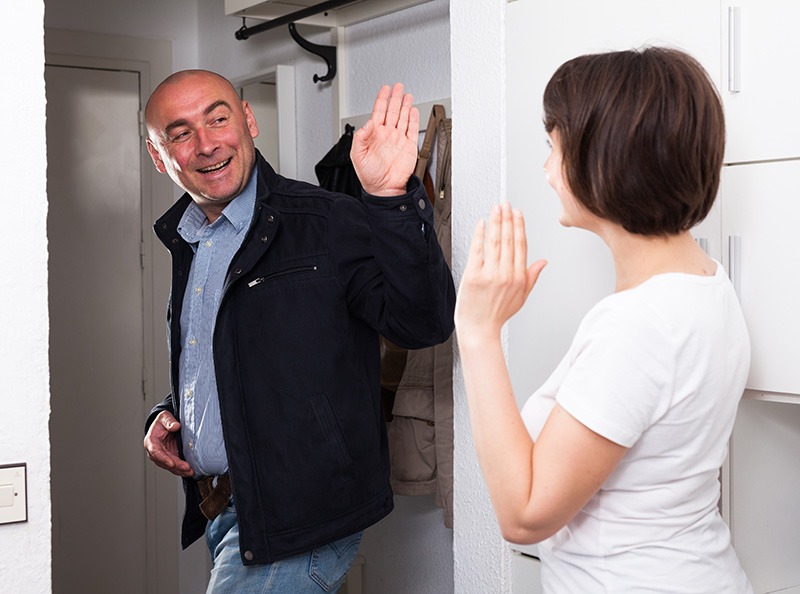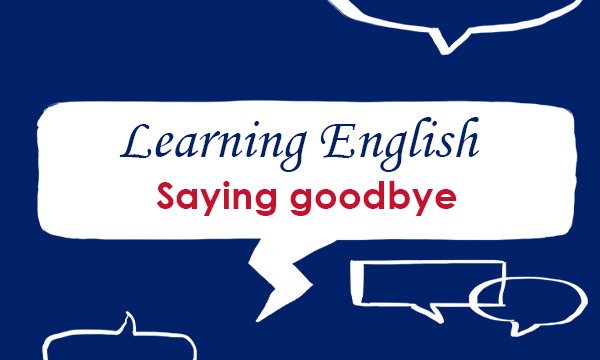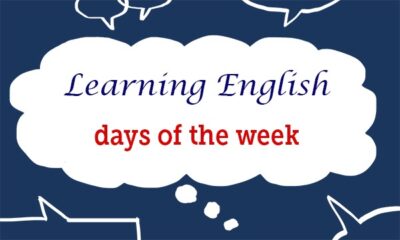
In most circumstances, you can use Goodbye when you leave a person or a place, such as a shop or bank, etc. If it’s nighttime, you can use Good night.
Goodbye, Helen! Thanks for coming.
Thanks for all your help. Goodbye.
Good night. See you in the morning.
Goodbye is often shortened to Bye or Bye bye. Bye is slightly informal.
Thanks very much. Bye.
Bye bye, Grandma!
Other informal ways to say goodbye in British English include Cheerio and Ta-ta!
Thanks for your emails and tweets today but for now, cheerio!
Need to go. Ta-ta for now!
See you … is another way of saying goodbye, especially to someone you know you will see again. You can also informally say See ya!
Thanks very much. See you soon!
I’ve got to go. See you later!
Have a good weekend. See you on Monday.
No problem. See ya!
People who work in shops often say Have a good day! or Have a good weekend! as you are leaving.
Goodbye, have a good day!
Bye, have a good weekend!
Come back for more blogs on using English in everyday situations: https://blog.collinsdictionary.com/language-learners/learning-english/
All opinions expressed on this blog are those of the individual writers, and do not necessarily reflect the opinions or policies of Collins, or its parent company, HarperCollins.



